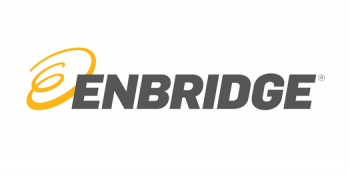Image Caption
Enbridge Inc. could soon be embracing a call to action from the Truth and Reconciliation Commission that Canadian companies conduct business in line with the United Nations Declaration on the Rights of Indigenous Peoples.
That includes ensuring their free, prior and informed consent before proceeding with economic development projects that would affect them, their territories or their resources.
On May 11, Enbridge shareholders will vote on a shareholder proposal that calls for disclosure of the company’s process to identify and address social and environmental risks, including Indigenous rights risks, when reviewing potential acquisitions.
The proposal is a result of Enbridge’s recent acquisition of a 27.5 per cent ownership stake in the Dakota Access Pipeline, a project firmly opposed by Indigenous peoples and which raised concern from investors and three U.S. federal agencies about the adequacy of Indigenous consultation and environmental assessment.
The Sisters of Charity – Halifax filed the resolution to encourage investors to hold Enbridge accountable to the TRC’s call to action for business.
“We believe that attention to Indigenous rights in company decisions is important both for the value of a company and for reconciliation in Canada,” said Sister Cecilia Hudec, canonical treasurer, Sisters of Charity – Halifax.
A similar shareholder resolution was filed at Marathon Petroleum, which owns nine per cent of the DAPL project. At its annual meeting on April 26, 32 per cent of shareholders supported the proposal.
“The vote at Enbridge is an opportunity to send a clear signal to the company that its shareholders have a strong interest in how their company assesses and addresses Indigenous rights, human rights, and environmental concerns in investment decision-making,” said Delaney Greig, engagement analyst at the Shareholders Association for Research and Education (SHARE) which supported the Sisters’ motion.
“After Northern Gateway, the significance of this issue for the company cannot be overstated.”

